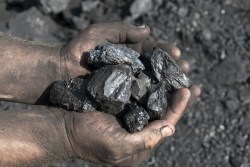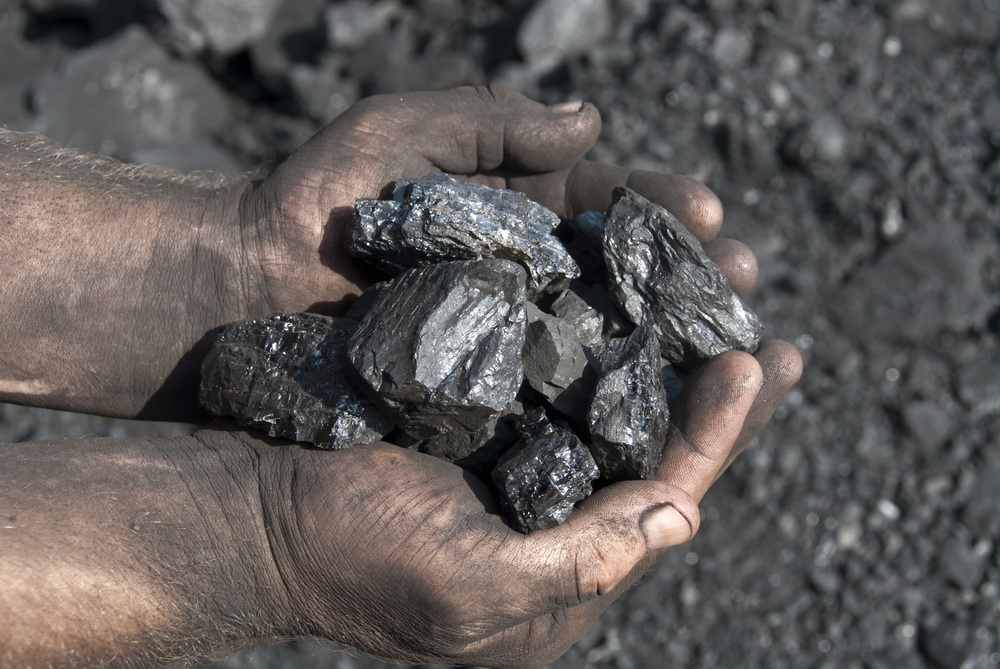
Shutterstock
More good news on America’s shift away from coal: Nevada’s largest utility plans to very gradually shutter its dirty coal generators over the next 12 years.
Some of the coal-fired energy sold by utility company NV Energy will be replaced with renewable sources. But 60 percent of their coal-fired energy will be replaced by that cool-kid fossil fuel that contaminates groundwater supplies: fracked natural gas.
“This does three things: it retires coal from Nevada, builds renewables, and it creates jobs,” said Tony Sanchez, NV Energy senior vice president.
The amendment calls for the accelerated closing of three of the four units at Reid Gardner, the controversial 553 megawatt coal plant in Moapa, by 2014. It leaves the fourth unit operating until 2017, after which the utility would have no coal plants operating in Southern Nevada.
U.S. Sen. Harry Reid, D-Nev., has relentlessly called for the closing of the plant, most recently during an address to the Nevada Legislature last month.
(Under the plan, the utility would not divest from its share of ownership in the Navajo and Valmy coal plants until 2017 and 2025, respectively.)
With this proposal (which some have criticized because it will result in higher electricity prices), Nevada joins the air-friendly trend of switching from coal to natural gas and renewable energy.
Trendiness aside, American coal mining hasn’t exactly stopped– it’s just being shipped around the world and burned elsewhere. “Figures released in March by the official U.S. Energy Information Administration (EIA) show U.S. coal exports reached a record of more than 115 million tons in 2012, more than double the 2009 figure,” Climate News Network recently reported.
The United States essentially is exporting a share of its greenhouse gas emissions in the form of coal, data show. If the trend continues, the dramatic changes in energy use in the United States—in particular, the switch from coal to newly abundant natural gas for generating electricity—will have only a modest impact on global warming, observers warn. The Earth’s atmosphere will continue to absorb heat-trapping CO2, with a similar contribution from U.S. coal. It will simply be burned overseas instead of at home.
“Switching from coal to gas only saves carbon if the coal stays in the ground,” said John Broderick, lead author of a study on the issue by the Tyndall Center for Climate Change Research at England’s Manchester University.
So cheers to Nevada and other states where coal-fired energy production is winding down. But maybe lay off the high-fives until America’s coal actually stays in the mountains.



